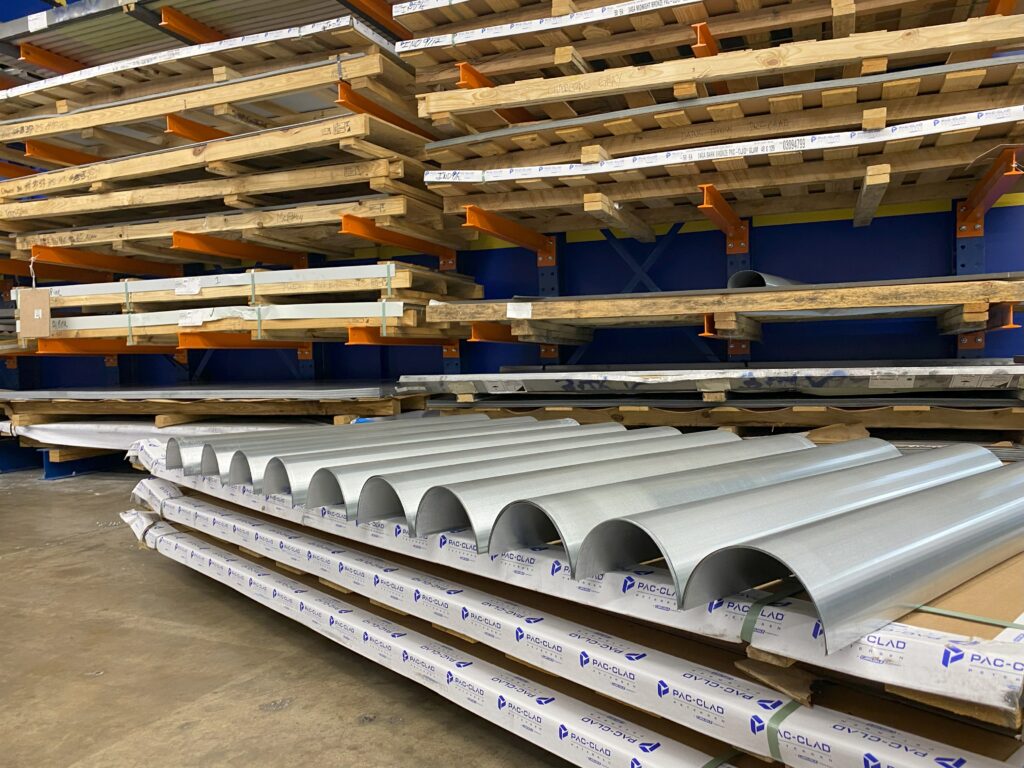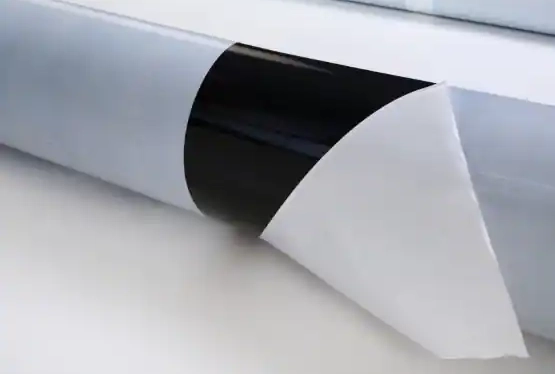Similar to your home, your business establishment needs a sturdy roofing system that can provide superior protection against the elements. Choosing the best commercial roofing material, however, is challenging, especially with the wide array of options. To help you make the right choice, Alpine Roofing Construction, one of the trusted commercial roofers in the area, explains the main features of four roofing materials.

1. Built-Up Roofing
This type of roof consists of several layers of bitumen surfaces with an aggregate layer or coating. Many business owners also prefer built-up roofing since it has excellent waterproofing properties. It also prevents ultraviolet rays from compromising indoor temperature. With proper maintenance, built-up roofing systems can last up to 30 years.
2. TPO Roofing
Thermoplastic polyolefin (TPO) membrane is made from ethylene propylene rubber. For extra durability, this type of roof is designed with hot air-weldable seams. It’s also now considered the fastest growing segment of the single-ply roofing industry in the country. Apart from durability, a TPO membrane resists dirt, bacteria, algae and debris buildup.
3. Modified Bitumen
Your commercial roofers may also use modified bitumen for your roof installation project. This single-ply system is often roll-applied to the roof surface. It’s almost similar to traditional asphalt shingles but has additional polymers in their materials. This helps extend the life span of a modified bitumen roof.
4. Asphalt Shingles
Asphalt shingles are common in residential homes, but they can also be used in commercial properties. This type of roofing material has excellent wind performance and impact resistance. Plus, it comes in a range of styles and colors.
Trust Alpine Roofing Construction for your commercial roofing installation. As one of the reliable commercial roofers in the area, we can guarantee high-quality products and services. Call us today at (214) 380-4607 or fill out our online form to schedule an appointment. We serve residents of Texas, including Dallas, Fort Worth, and Arlington, TX.

